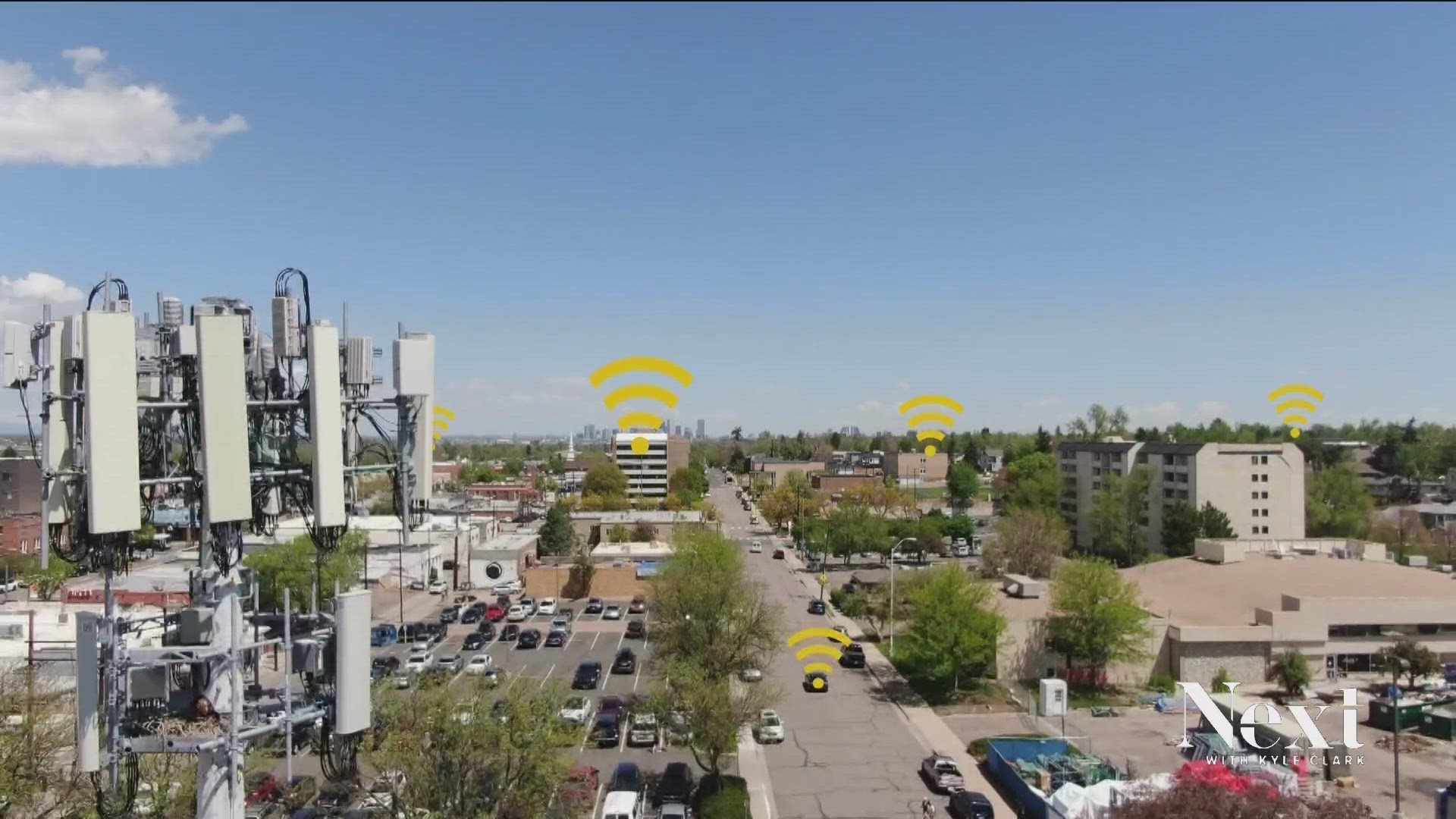DENVER — Be prepared for the ear-numbing blast on Wednesday at 12:20 p.m., as national emergency leaders send Wireless Emergency Alerts to every cell phone in the United States to test the country’s system.
A team of reporters at 9NEWS has spent the last year and a half studying and investigating the system. So here’s a primer on what to expect Wednesday.
What time is the emergency alert test?
- 2:20 p.m. EDT
- 1:20 p.m. CDT
- 12:20 p.m. MDT
- 11:20 a.m. PDT
What the heck is a WEA?
Wireless Emergency Alerts (WEA) are sent to all cell phones in a specific area, without requiring the cell phone user to opt in. Most people know them as Amber Alerts or Tornado Warnings from the National Weather Service.
The messages broadcast on cell towers on a different channel than phone calls so they aren’t impacted by communication problems during an emergency.
WEA is part of a suite of emergency alerting tools called the Integrated Public Alert and Warning System (IPAWS), established by federal law to allow the president to send messages to the American public in an emergency.
Why am I getting a test message?
By law, FEMA is required to do a national test of the system no less than once every three years. The last national test was in 2021, though it was only sent to phones where the user opted in to receive test messages. This test will send to all cell phones, regardless of whether the user has signed up for test messages.
“The national test will help ensure that Wireless Emergency Alerts (WEA) and the Emergency Alert System (EAS) continue to be effective ways to warn the public about emergencies, particularly those on the national level,” FEMA wrote in an FAQ about the national alert.
Is there any way to avoid getting the test alert?
Federal law also requires national emergency alerts to go to everyone, meaning users can’t opt out like they could with an Amber Alert or a message from a local government. But if you don’t want the message to blare on your phone at 12:20 p.m. Wednesday, FEMA says you can turn your phone off or turn off the phone’s cellular signal.
But keep in mind, the duration of the alert is set to last for about 30 minutes, meaning anytime you turn your phone back on in that time the alert will trigger. Users who leave their phone on should only receive the message once.
Another note about opting out of emergency alerts: if you turn local alerts off, you won’t receive important lifesaving messages during disasters like evacuation notices or warnings about an incoming tornado. This reporter would never turn his alerts off and recommends you don’t either, unless you’re in a situation where an emergency alert could put your safety in jeopardy.
What will the emergency alert message say on cellphones?
- For consumers, the message that appears on their phones will read: “THIS IS A TEST of the National Wireless Emergency Alert System. No action is needed.”
- Phones with the main menu set to Spanish will display: “ESTA ES UNA PRUEBA del Sistema Nacional de Alerta de Emergencia. No se necesita acción.”
You don’t have to do anything.
What does it mean if my phone doesn’t get the alert?
It could mean your phone is older and doesn’t have the software necessary to receive the alerts. There are three versions of WEA software.
- The oldest of the software sends messages in 90 characters and has a wide radius of geotargeting, meaning phones may receive a message meant for and area miles away.
- This upgrade allowed for 360 character messages.
- This upgrade improved geotargeting capabilities – allowing for accuracy of messages within a 1/10 of a mile of where they are supposed to go.
Wondering what software is on your phone? We wrote about that earlier this year.
What will the emergency alert sound like? We can't show you or else we'll face a big fine
The FCC has extremely strict rules surrounding emergency alert tones and bans media outlets, like TV stations, from airing the tones outside of an actual emergency.
The reason is that they want to "preserve the unique purpose and effectiveness of the EAS Tones." Basically, the FCC wants people to take notice when they hear those familiar tones and not just tune them out.
Earlier this year, the FCC proposed fining FOX more than half a million dollars after the network used EAS tones during a NFL promo segment.
So while we can't share an example of what the emergency alert sounds like, chances are you've heard it before.
If you don’t receive the message, you should check with your cell carrier. We’d also love to look into your issue if you e-mail steve@9news.com.
SUGGESTED VIDEOS: Full Episodes of Next with Kyle Clark

